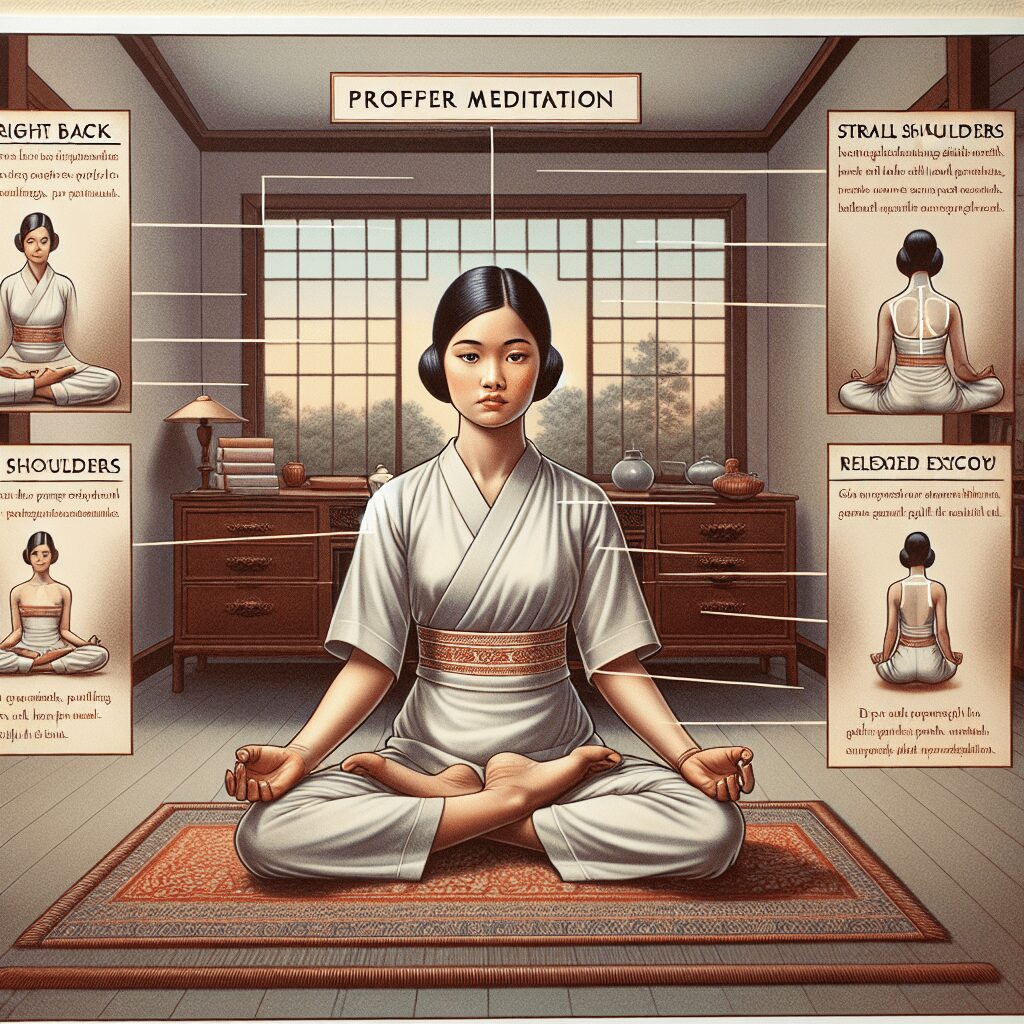
Prioritize your mental well-being daily. Enhance your life by nurturing your mental health with the Smart Meditation app. Break free from stress, alleviate anxiety, and enhance your sleep quality starting today.
What Is The Best Therapy For Anxiety?
Navigating the Maze of Anxiety Therapies: Finding Your Best Match
Anxiety: that uninvited guest that somehow manages to gatecrash your mind’s serene soirée. If you’re wrestling with this pesky intruder, you’re certainly not alone. With modern life’s hustle and the unforeseen twists and turns, it’s no wonder that many find themselves in the throes of anxiety. But fret not, for there’s a veritable arsenal of therapies geared toward showing anxiety the door. Let’s dive into the best therapy for anxiety, keeping in mind that ‘best’ can be subjective and what works like a charm for one may not for another.
Understanding the Spectrum of Anxiety Treaties
First off, it’s pivotal to remember that anxiety isn’t a one-size-fits-all scenario. From GAD (Generalized Anxiety Disorder) to panic disorders, the spectrum is broad. Similarly, the therapy that fits like a glove for one may not suit another. Nonetheless, certain therapies have risen to the top, backed by a hefty dose of empirical support.
- CBT (Cognitive Behavioral Therapy): The Crown Jewel
If therapies had a hierarchy, CBT would likely wear the crown. It’s the golden standard, per se. The beauty of CBT lies in its dual-pronged approach; it addresses both thought patterns (the cognitive part) and behaviors. The premise? Your thoughts, feelings, and behaviors are inextricably linked. Change one, and you’ll impact the others. Through techniques like exposure therapy and cognitive restructuring, CBT aims to rewire your response to anxiety triggers.
- Mindfulness-Based Stress Reduction (MBSR): The Zen Approach
MBSR might not have been tailor-made for anxiety, but boy does it fit the bill. This therapy is akin to giving your mind a much-needed spa day. At its core, MBSR involves mindfulness meditation, helping individuals anchor themselves in the present moment, thus reducing the tide of anxious thoughts about the past or future.
- Exposure Therapy: Face Your Fears
A subordinate of CBT, Exposure Therapy, is precisely what it sounds like. It involves facing your fears, not all at once (thankfully), but gradually and in a controlled environment. It’s particularly effective for specific phobias and panic disorders, allowing individuals to dismantle their fears brick by brick.
Choosing Your Maverick in the Battle Against Anxiety
Now that you’re privy to the frontline therapies, the million-dollar question looms: how do you pick your maverick? Here are a couple of tips to guide you through this maze:
- Reflect on Your Anxiety’s Nature: Is it a general sense of unease or tied to specific triggers? Your answer could steer you toward a particular therapy.
- Trial and Error: Sometimes, finding ‘the one’ in therapy involves a bit of dating around. Don’t hesitate to try different approaches.
- Professional Guidance Is Key: A mental health professional can offer invaluable insights into which therapy might suit you best.
Why Waiting Isn’t an Option
Procrastination and anxiety are old pals. However, when it comes to therapy, it’s best to keep procrastination at bay. The sooner you seek help, the quicker you’ll learn to manage your anxiety, paving the way for a life where you’re in the driver’s seat, not your anxiety.
In conclusion, while there’s no universal panacea for anxiety, the trove of available therapies provides a beacon of hope. Whether CBT’s structured approach appeals to you, or you find solace in the mindfulness of MBSR, the key is to embark on this journey with an open mind and a committed heart. Remember, in the battle against anxiety, you’re far from powerless. With the right therapy, not only can you dampen anxiety’s din, but perhaps even show it the door once and for all.





